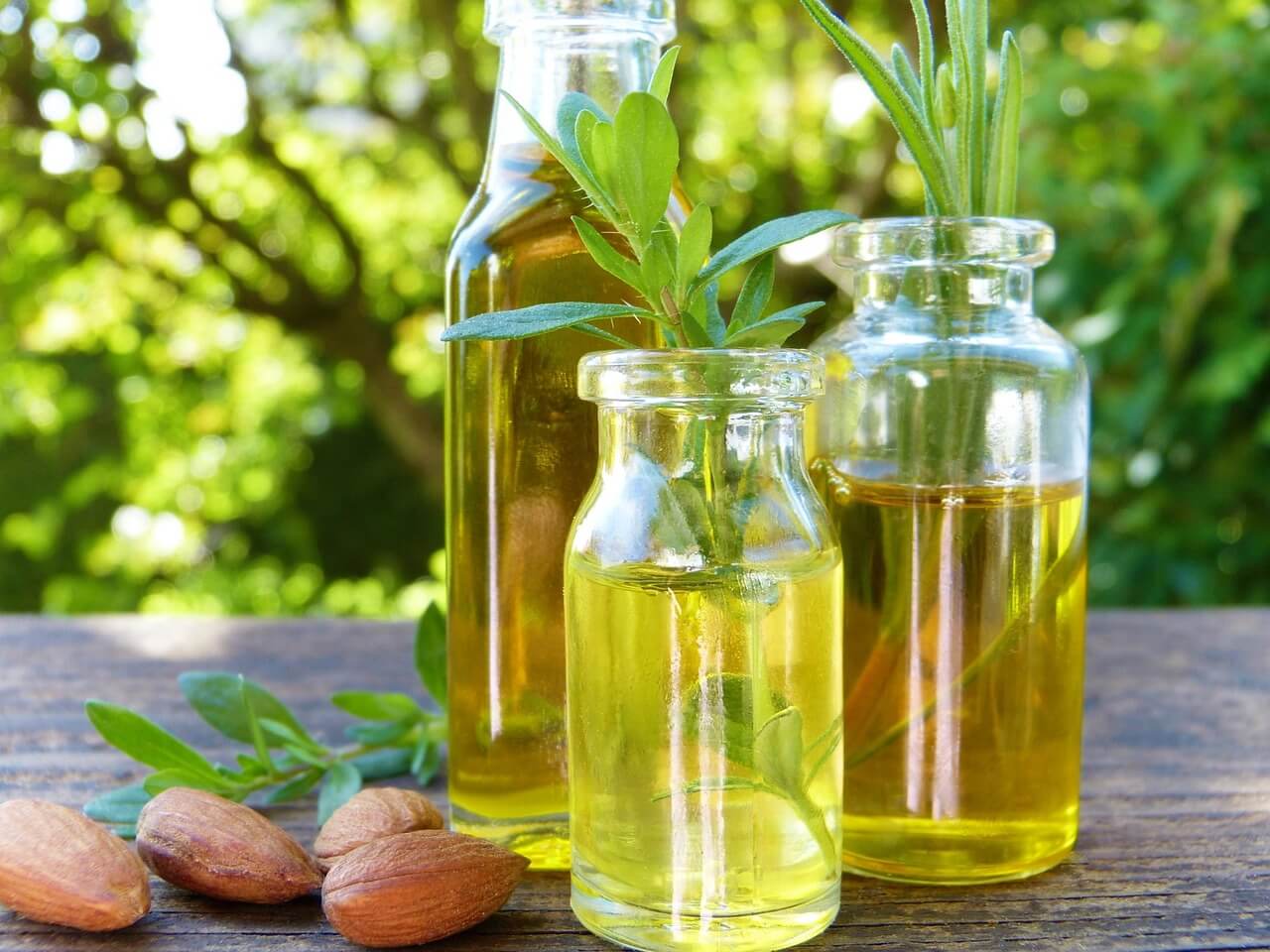
Almond oil has a long list of skin benefits, including moisturising, soothing irritation, preventing stretch marks, and possibly even reducing the appearance of dark circles. But what about almond oil for hair? Is it possible that it will benefit our scalp and strands in the same way? And, if that's the case, will it supplant coconut oil as the go-to, all-purpose ingredient in the beauty world?
We spoke with experts Krupa Koestline, Annie Gonzalez, Shab Reslan, and Mariska Nicholson to learn everything there is to know about this hot beauty ingredient, including what it can do for hair and scalp and who it's best for.
Continue reading to learn why almond oil has become the new go-to hair ingredient for people with all hair types.
It turns out that almond oil has been used in hair care for a long time, long before hair oils became popular. Almond oil is nourishing and moisturising without being overly oily, which is why it is so popular. "Almond oil is nutrient-dense while remaining light in texture," Koestline says. According to the manufacturer, it's high in omega fatty acids (oleic, linoleic, and palmitic acids), vitamin E (an antioxidant), squalene, polyphenols, vitamins, and minerals. It comes as no surprise that it has a long list of hair and scalp benefits:
Almond oil is a versatile hair oil that works with a wide range of hair types, including thick, fine, curly, wavy, straight, and natural hair, unlike more intense, heavyweight oils like argan or coconut oil. "It's great for all hair types because it's a very lightweight oil," Koestline says. For the most part, Gonzalez agrees. "Applying almond oil to dead ends will most likely benefit frizzy and unruly hair," she says. "Thin hair can appear greasy or heavy."
Almond oil is used as a moisturising ingredient in a variety of hair products, including shampoos, conditioners, masks, scalp scrubs, and styling products. Almond oil is ideal for at-home DIY hair treatments because it is nourishing and affordable (a decent-quality ounce of almond oil costs about 50 cents). (We'll return to those in a minute.)
Although it may be tempting to slather on an almond oil hair mask and leave it on for hours while binge-watching Netflix, don't leave almond oil on your hair for more than a few minutes if you've applied a large amount. "I don't recommend leaving any kind of oil on the hair for an extended period of time because it can harden and coat the hair's cuticles," says Reslan. "Your hair loses its natural lustre and shine when you use too much of any foreign substance on it. Tangling and dullness can occur as a result of this buildup."
Here are some different ways to incorporate almond oil into your hair care routine:
AstheticTrend collects & utilizes cookies from third-parties & affiliate networks to improve user experience. If you buy a product or service after clicking on one of our links, we may get a commission.